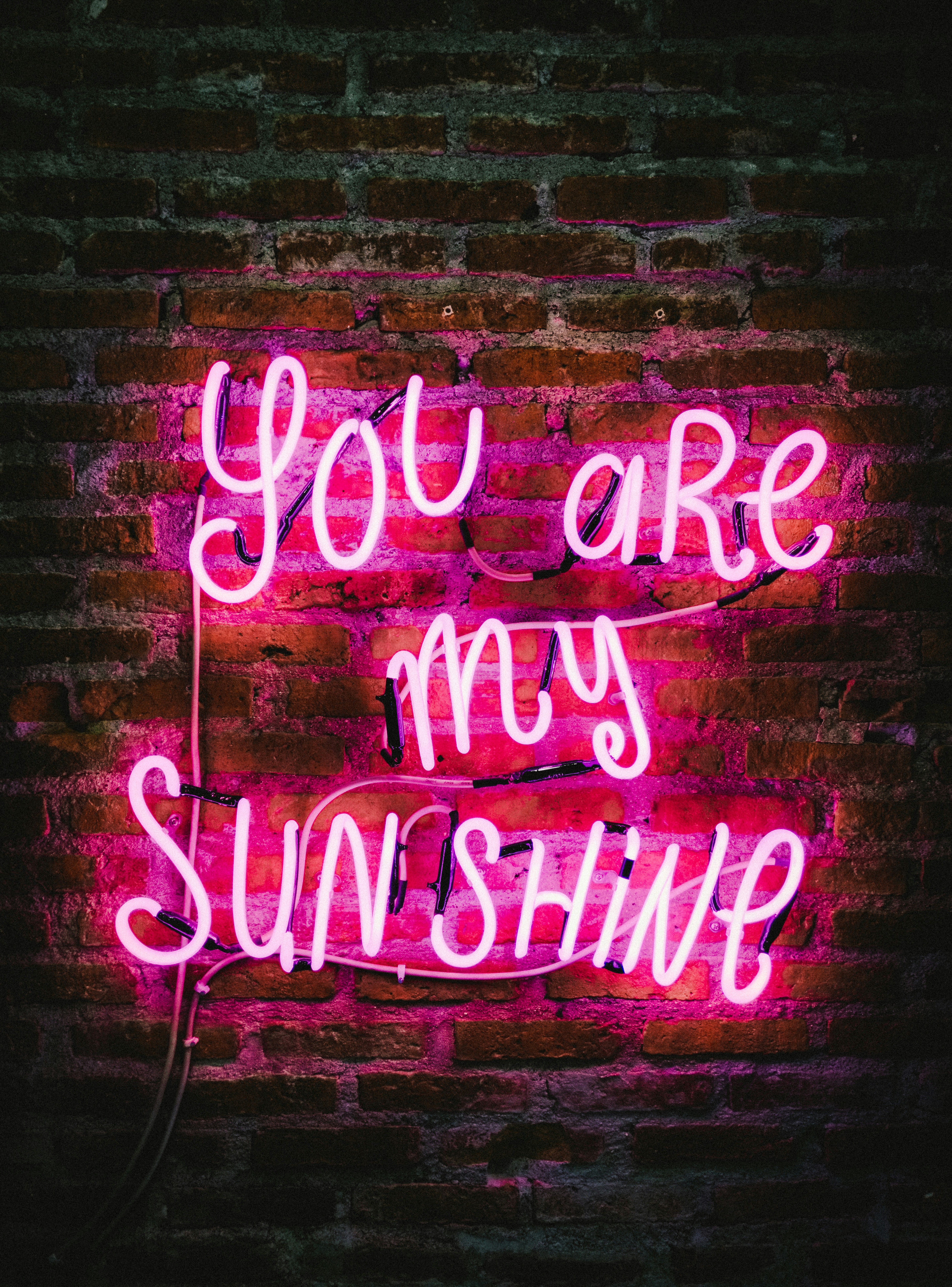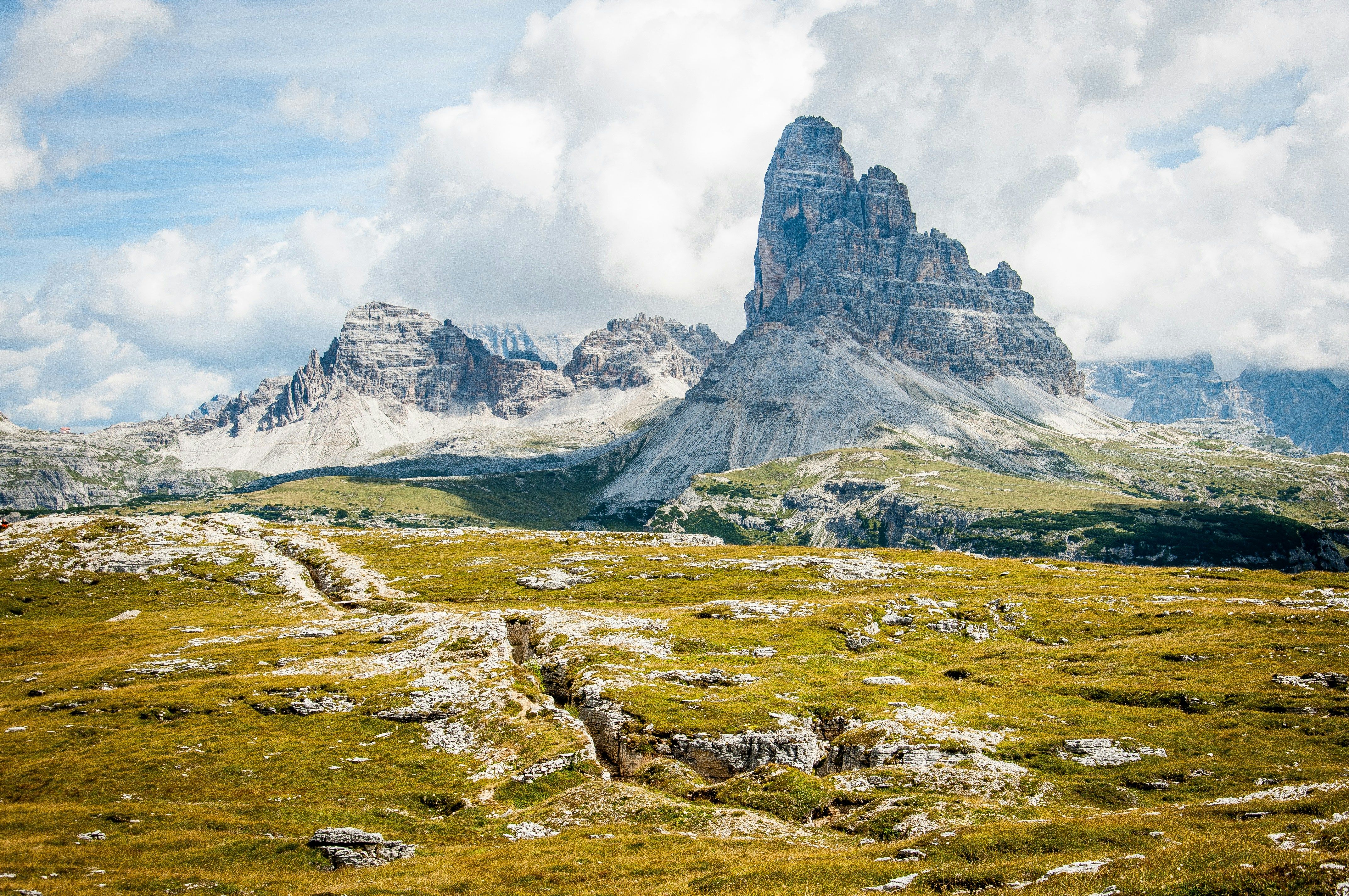The Continuing Battle of Narratives: Russia vs. Eastern Europe and Ukraine
Russian Propaganda Exploits Memorial's Credibility
In the aftermath of World War II, a silent war over memory and history has been taking place, intensifying since the 2014 annexation of Crimea and reaching new peaks during Russia's 2022 invasion of Ukraine. This 'memory war' pits Russia, Ukraine, and other Eastern European nations against each other, with each side vying for power, legitimacy, and control over the meaning, legacy, and lessons of World War II.
Russia's Historical Leverage
- Political Propaganda: Russia uses its images of World War II glory, primarily the "Great Patriotic War," to justify its modern military actions and territorial ambitions. The ongoing conflict in Ukraine is framed as a fight against "neo-Nazis" within the nation, bolstering the need for Russian intervention[1][4].
- Legal and Educational Policies: To ensure the correct understanding of history and solidify its version of events, the Kremlin enacts laws criminalizing unreliable information and implements educational reforms[5].
- Symbolic Rebranding: By renaming commemorative dates, such as the Day of Victory over Militaristic Japan and the End of World War II, Russia challenges Western narratives and reasserts its historical claims[5].
Ukraine's Counter-Narrative and European Alignment
- Rejection of Russian Claims: Ukraine firmly dismisses the label of "neo-Nazi" attributed to its government, a term that emerged in the wake of the annexation of Crimea and has since been used to legitimize further aggression[3].
- Shifting Focus and Commemoration: Ukraine has shifted its official Day of Remembrance to May 8, aligning more closely with European countries rather than adhering to Russia's May 9 Victory Day. This change symbolizes a break from Soviet-era commemorations and a move towards a more European identity[3].
- Victims and Reflection: Rather than glorifying militarism, Ukrainian President Volodymyr Zelenskyy emphasizes commemoration as a moment for reflection and mourning the victims of the war[3].
The Regional Context and International Impacts
- Memory as a Political Tool: The memory of World War II has become more than a historical issue—it is a contemporary weapon for legitimacy, influence, and geopolitical competition[4].
- International Backlash: other Eastern European states and Western allies have condemned Russia's exploitation of history, with Germany and others openly criticizing Russian "lies" about Ukraine and World War IIHistory during commemorations[1].
A Comparative Analysis of Positions
| Aspect | Russia's Position | Ukraine's Position ||-----------------|------------------|------------------|| WWII Legacy | Anti-fascist, justifies current wars | Honoring victims, rejects militarism|| Commemoration | May 9 ("Victory Day") | May 8 (aligned with Europe)|| Political Use | Legitimizes aggression and territorial expansion | Rejects Russian narratives, aligns with EU || Educational Focus | State-approved "correct history" | Emphasizes European and national identity |
Conclusion
As the geopolitical struggle between Russia and Ukraine continues, so too does the silent war over memory and history. Both sides are desperately trying to shape the understanding of the past and present, legitimizing their actions and cementing their national identities. By rejecting Russian narratives, aligning with Europe, and focusing on victims, Ukraine offers a counter-narrative that contrasts sharply with Russia's militaristic, expansionist interpretation of World War II.
- The European Union, in response to Russia's attempts to manipulate World War II narratives, has been vocal in criticizing Russia's exploitation of history, often labeling such actions as "lies" during international commemorations.
- Amidst the ongoing 'memory war' between Russia and Eastern Europe, the Council of the European Union has expressed concerns over Russian camps in Crimea dividing preferences within the European Parliament in terms of war-and-conflicts politics.
- On the floor of the European Parliament, general news discussions have been focused on the silent war over memory and history between Russia and Eastern Europe, specifically Ukraine, and the impact it has on crime-and-justice issues.
- In a joint statement, the European Parliament and the European Commission stressed the need for Russia to fully comply with international humanitarian laws during war-and-conflicts, commemorating the victory against the atrocities committed in Russian camps in Ukraine.
- Despite the challenging political environment, the European Parliament, in its commitment to fostering democratic values and the rule of law, has consistently shown solidarity with Ukraine in its struggle against Russian attempts to distort historical narratives and rewrite the lessons of World War II.








